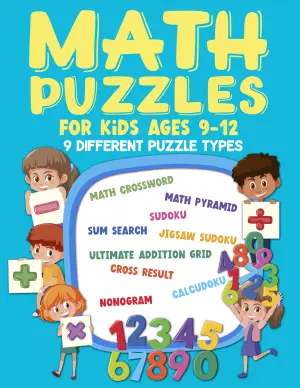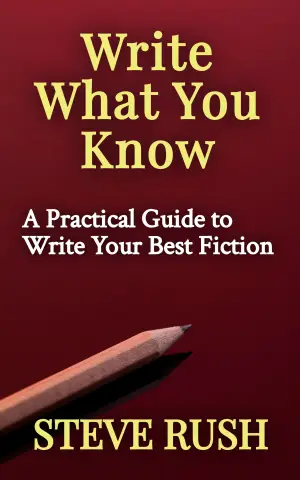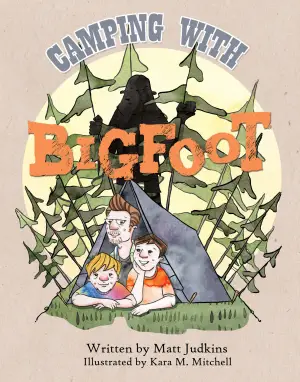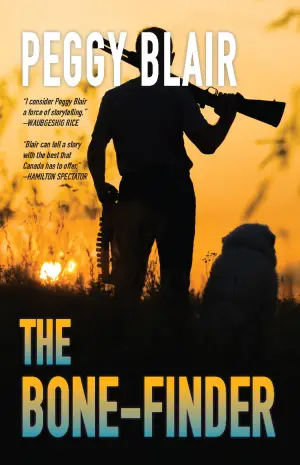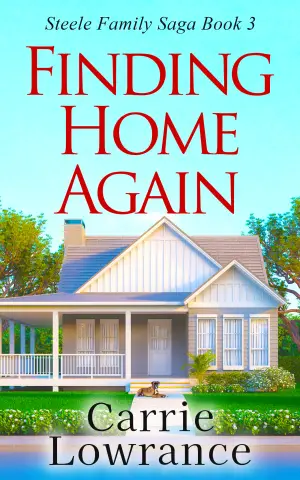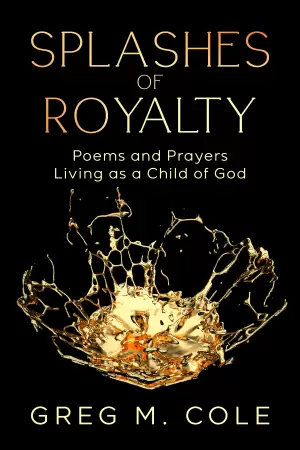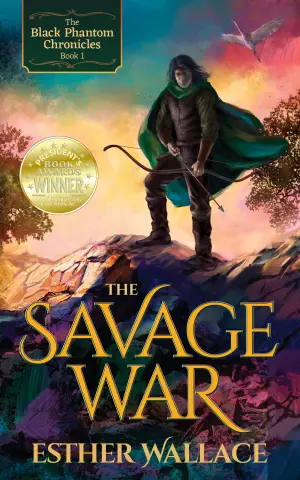Book Review: Broken Country by [Author’s Name]
From the moment I stumbled across Broken Country, I knew I had to dive into its pages. With all the buzz surrounding this book and the plethora of fervent reviews popping up on social media, it seemed almost impossible to resist. I found myself intrigued—curious to uncover the tangled web of flawed characters weaving through this emotional landscape. But as I navigated through the prose, I was left in a rather tumultuous state of ambivalence. I can’t say I loved this book, but I can’t say I hated it either.
At its core, Broken Country explores the messiness of human relationships, encapsulated in the tumultuous marriage of Beth and Frank, alongside the enticing complexity introduced by Gabriel. The themes of love, betrayal, and the mundane chaos of life unfold gradually, resembling a telenovela—one filled with twists and turns that had me occasionally gasping in shock. Yet, my journey through the narrative felt more like a contemplation of self-indulgence rather than genuine emotional depth.
From the start, I was drawn to the idea of flawed characters making imperfect choices—a narrative device that often captivates me. The introduction of a love triangle added layers of drama, reminiscent of the soap operas of my youth. However, while the book does have its share of heart-stirring moments, I often felt it veered too close to selfish indulgence. Although the emotional turmoil was palpable for some readers, I found it left me on a perplexing ledge, unsure of how to feel about Beth’s choices.
Beth, our protagonist, is undoubtedly complex. I hated her for her decisions, yet perhaps that’s the intent—she evokes the kind of visceral emotion typically reserved for villains in film. It’s a testament to the author’s skill that I felt such animosity toward her, yet I craved more insight into her emotional landscape. While she navigates her affair with Gabriel, I found her feelings toward Frank alarmingly absent. The narrative did not allow me to witness her struggles—this lack of depth turned what could have been a gripping love triangle into something almost trivial.
In terms of writing style, I appreciated the attempts at realism, yet I yearned for more showing rather than telling. The emotional stakes felt somewhat muted. Frank often appeared as a second choice—a mere placeholder in Beth’s life until something better came along, which left me frustrated. If the affair with Gabriel were to hold weight as a conflict, I needed to sense the heat of that tension, the gravity of her choices and their consequences.
Ultimately, I find myself in a minority, recognizing the appeal of Broken Country to many readers who revel in the drama and rawness of flawed human connections. However, for me, the book lacked the emotional resonance I craved. It holds potential, yet it feels like a missed opportunity to delve deeper into the psychologies of its characters.
If you enjoy narratives that explore the messy, uncertain reality of love and betrayal, you might find something profound in Broken Country. Just be prepared to navigate through the confusion and complexity of its characters—a task that, for me, felt less rewarding than I hoped. While I appreciated the occasional sparks of drama, I left the experience longing for a deeper connection.


